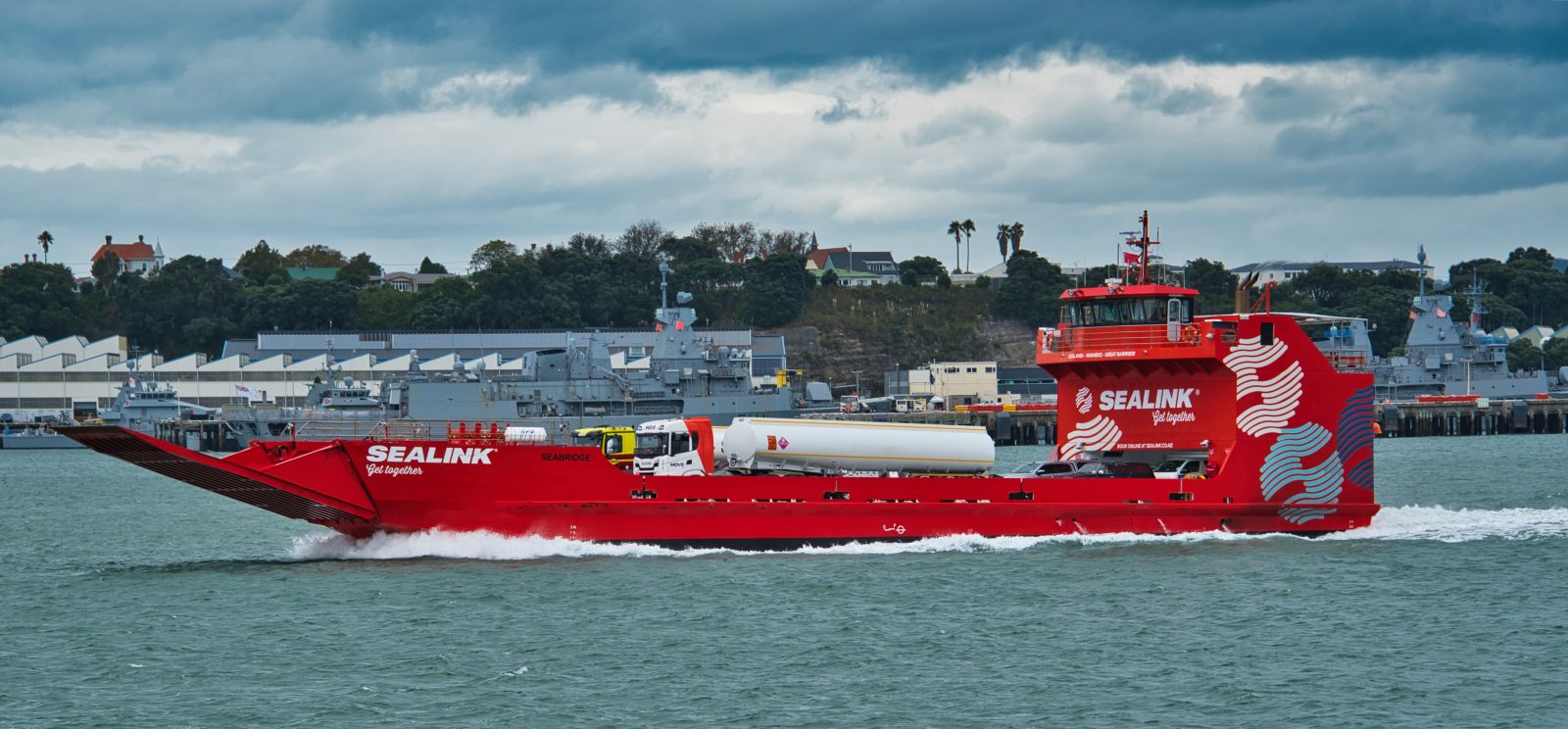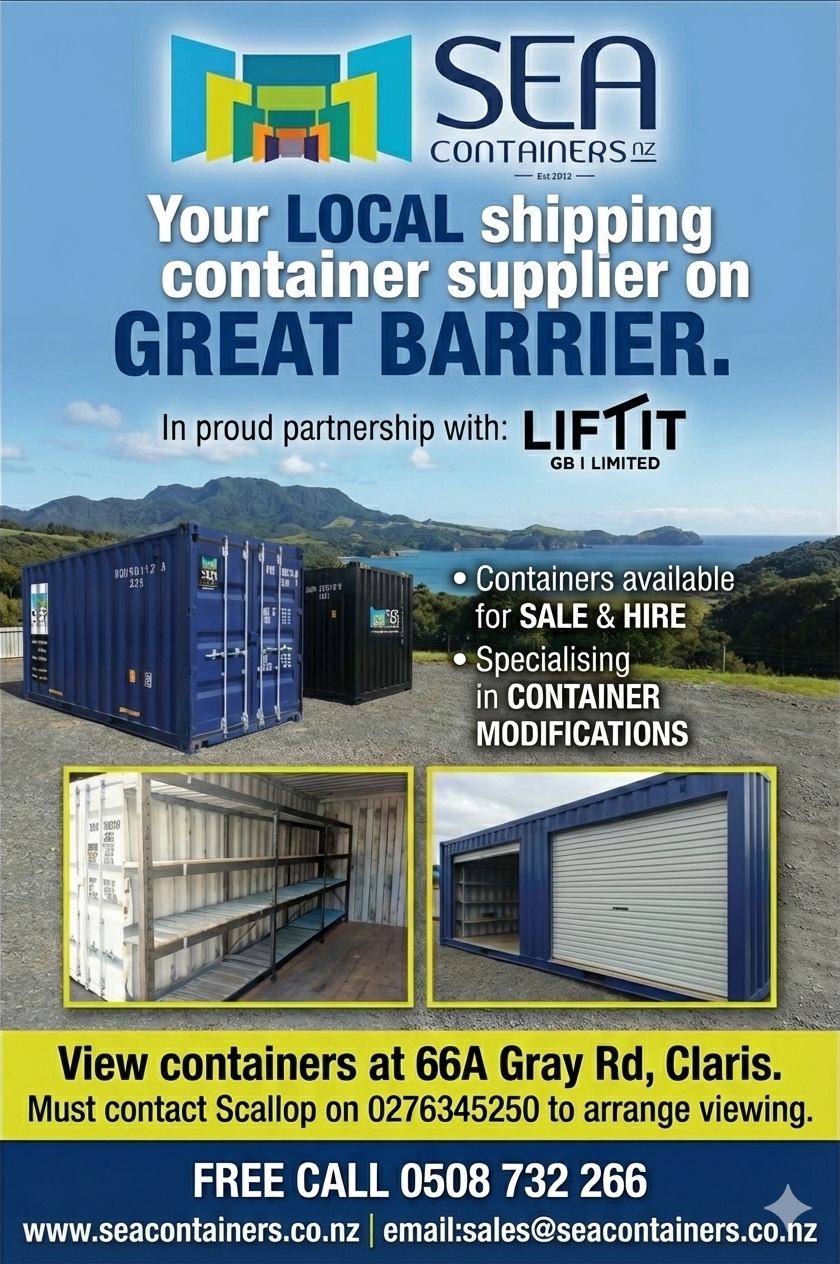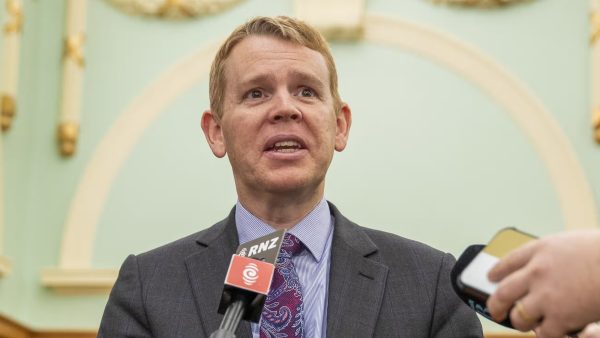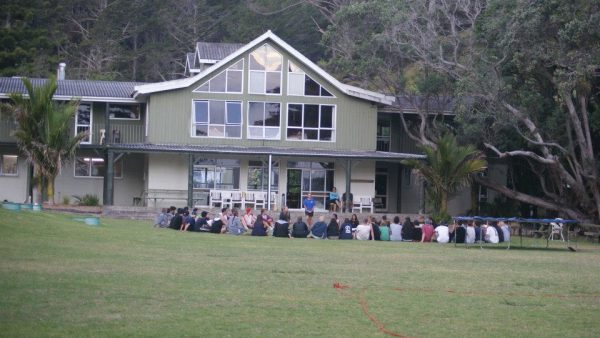Since 1960 SeaLink New Zealand (previously known as Subritzky Shipping Services) has served the waters of the Hauraki Gulf. Some are wondering if that’s what they do these days. Photo/ Ted McGrath
EDITORIAL: Across the globe, from the Scottish Isles to the remote communities of Alaska, governments recognize the critical role of subsidizing transport to ensure the vitality of their isolated regions. These subsidies are not mere financial aids; they are lifelines that sustain communities, businesses, and local economies. Yet, as we stand on the shores of Aotea, gazing out across the Hauraki Gulf, the financial burden of reaching or leaving our island home has never been heavier, nor the silence from those in power more deafening.
The recent gesture by Barrier Air, offering a $228 return flight deal, is a commendable effort to ease the travel strain. However, this initiative can’t mask the underlying issue: soaring travel costs exacerbated by global events like the Ukraine conflict, which have spiked fuel prices to unprecedented levels. While we understand the financial constraints of operating small aircraft, with fuel costs climbing, the premium we pay for transport only adds to the financial strain the entire country is facing with spiralling inflation.
Sealink’s response, or lack thereof, to the community’s outcry over ferry prices, sometimes around $500 per vehicle, starkly contrasts with the engaged and supportive approaches seen by the likes of Barrier Air. It’s a stark reminder of the disconnect between service providers and the communities they serve. The notion that it’s cheaper to fly to Australia than take a 25-minute flight across the gulf is a bitter pill to swallow. It’s no surprise businesses are reeling from weak tourism numbers with some putting up the for-sale signs, and others tapping out completely.
The narrative of Great Barrier Island’s struggle is not new. As far back as the whalers and loggers, the motu grappled with economic sustainability. Yet, the local board, despite its best intentions, finds itself hamstrung by financial limitations, unable to subsidize or effectively lobby Auckland Transport over the thing everyone needs the most, transport. The sentiment that Great Barrier is a “money pit,” as once offhandedly mentioned to me by a local government official, underscores the uphill battle we face in seeking support from Auckland Council, let alone central government.
The irony doesn’t escape us: an overly restrictive district plan and peculiar spending priorities by the council, coupled with a local resistance to newcomers, have stifled our potential to thrive as a destination for sustainable tourism and business. The glossy brochures allegedly produced by Australian consultants promising a future fueled by eco-friendly visitors ring hollow when the reality is an island increasingly isolated, both physically and economically.
As we teeter on a fatalistic perpetual decline, where the young seek opportunities elsewhere and the old guard digs in, the need for visionary leadership has never been more critical. Someone, be it from our local council or beyond, must rise to the occasion, uniting residents, bach owners and those with the purse strings behind a cohesive plan that addresses not just the symptoms but the root causes of our island’s malaise. Our culture of negativity, where despair is a badge of honor, must give way to one of optimism and collective action.








